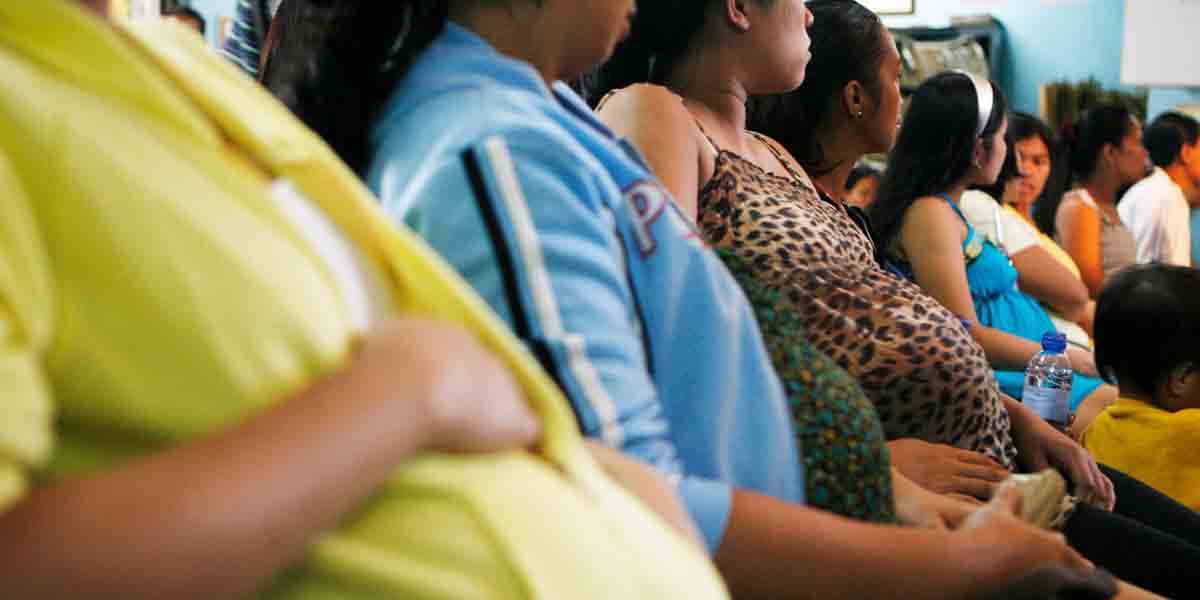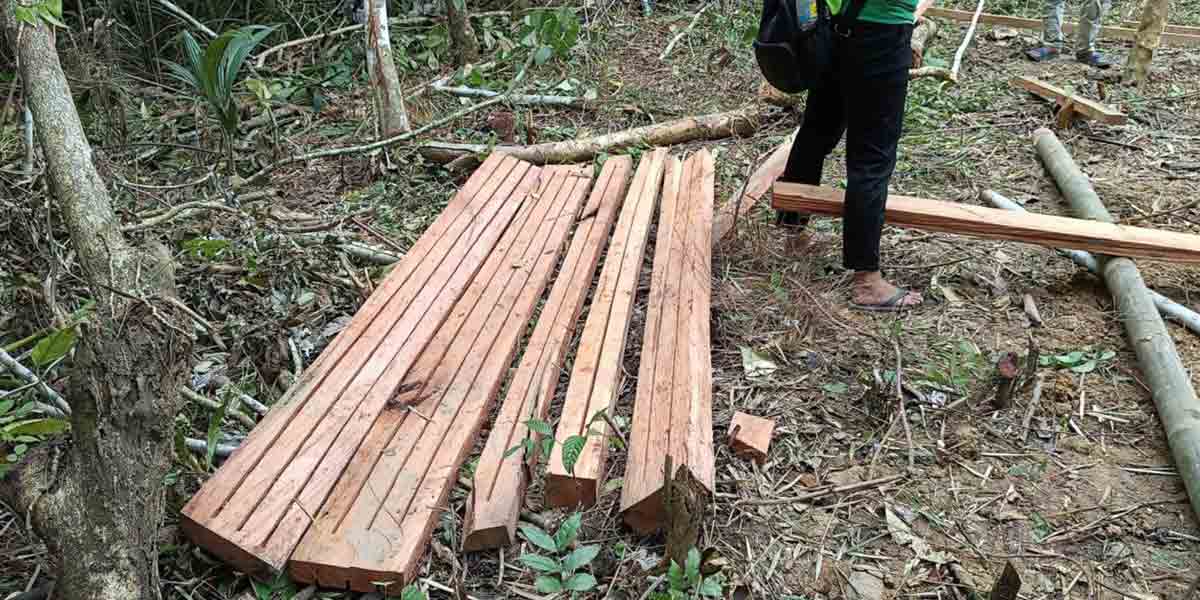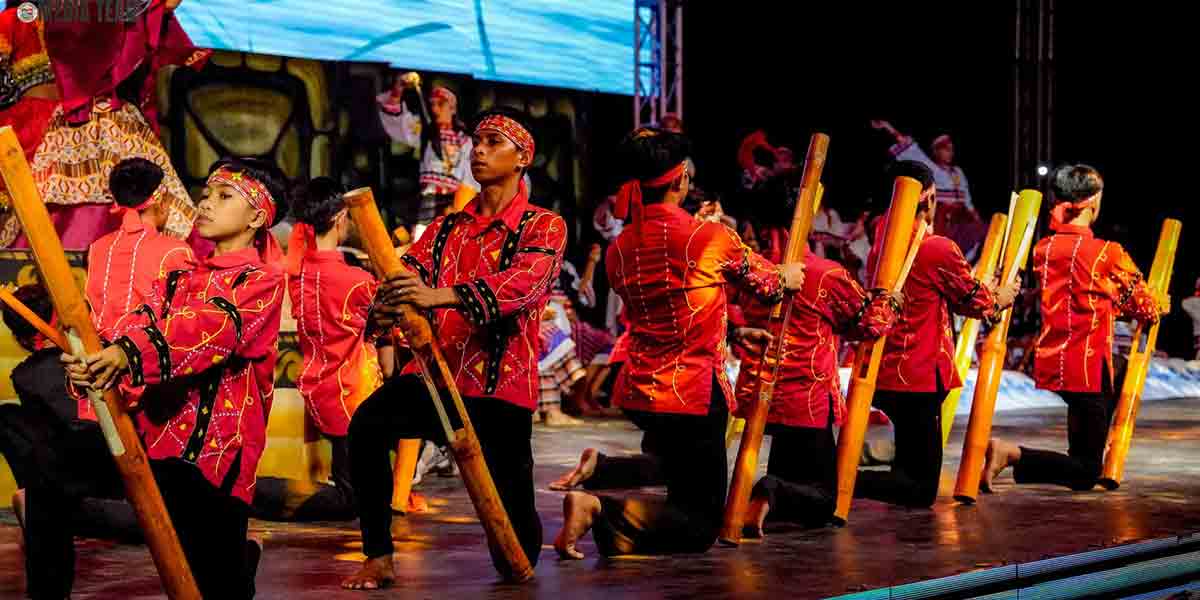
By Rjay Zuriaga Castor
“I have always been in favor.”
This is what Iloilo City Mayor Jerry Treñas has to say amid the growing push to amend the 1987 Constitution, particularly several of its economic provisions.
Treñas pointed out that it is about time that the 36-year-old Constitution be amended by removing its restrictive economic provisions. The Constitution will turn 37 years old on February 2, 2024.
“After 37 years daw kinahanglan na gid man natun may mga provisions da nga kinahanglan ta liwaton. Ang economic provisions tama-an gid ka strict. Ang para sa akon, isa ina ka dapat liwaton,” he said.
[After 37 years, it seems that we really need to amend some provisions of the Constitution. The economic provisions are quite strict. For me, that is something that should be amended.]
He said that he is aware of the move in which signatures have been collected in support of amending the Constitution but clarified that he does not know who spearheads the initiative.
“May mga nakita na ta siguro nga dapat bag-uhon. I will not say what should be changed but para sa akon may mga dapat bag-uhon,” he added.
[We have observed things that perhaps need to be changed. I will not say what should be changed, but for me, there are things that we have to change.]
Lawmakers who are pushing to amend the Constitution stressed that certain provisions of the Constitution are “restrictive” to the country’s economic growth.
The provisions of the Constitution that are alleged to be restrictive are Article XII, Section 10, mandating a 60-40 ownership in favor of Filipinos in the development of natural resources; Article XVI, Section 11, limiting mass media ownership exclusively to Filipino citizens; and Article XII, Section 11, capping foreign ownership of land.
House Speaker Ferdinand Martin G. Romualdez during an event in Iloilo City last year, disclosed that the lower house will forward the call for amendments through a people’s initiative.
There are three methods in proposing to amend or revise the Constitution: a people’s initiative, a constituent assembly, and a constitutional convention (con-con).
In a people’s initiative, a petition has to be signed by at least 12 percent of the total number of registered voters, with every legislative district represented by at least 3 percent of voters.
Earlier in January, several pages of signatures for the people’s initiative to amend the Constitution surfaced in several parts of the country.
Atty. Dennis Ausan, Commission on Elections-6 director, reported that in Western Visayas around 300,000 persons, from at least 45 municipalities and cities across the region have signed the ongoing people’s initiative to amend the Constitution.
The initiative is spearheaded by the People’s Initiative for Reform Modernization and Action Pirma.
In the signature pages, residents are asked if they were in favor of amending Article 17, Section 1 of the 1987 Constitution by allowing all members of Congress to jointly vote on proposed constitutional amendments in a constituent assembly.
The current Article 17 Section 1 of the 1987 Constitution is silent on whether members of the Senate and the House of Representatives should vote jointly or separately.
Under the 1987 Constitution, amendments can be directly proposed by the people “through initiative upon a petition of at least 12% of the total number of registered voters, of which every legislative district must be represented by at least 3% of the registered voters therein, a mode called people’s initiative.”
The particular signature campaign has circulated in Brgy. Bito-on, Jaro, where residents are lured to sign the petition in exchange for P1,000.






















